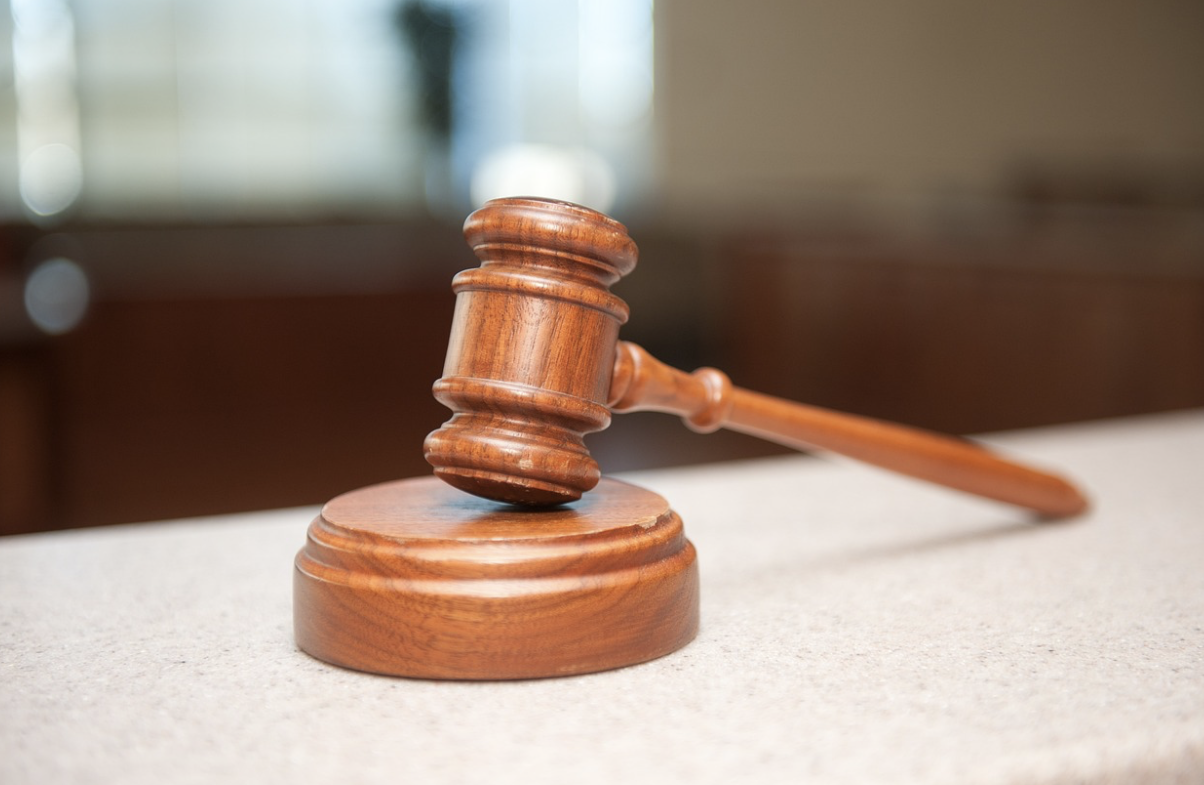Take These Steps Immediately After a Personal Injury Accident to Strengthen Your Case
Experiencing a personal injury accident can be a distressing event that leaves you feeling overwhelmed. In the aftermath of an accident, your primary concern should be your health and safety, but taking specific actions promptly can also play a critical role in strengthening your compensation case. Whether it's a car accident, slip and fall, or workplace injury, knowing how to respond can make a significant difference in the outcome of your legal claim. Here are crucial steps you should take immediately after a personal injury accident to build a stronger case.
Seek Immediate Medical Attention
Your health should be the number one priority after any personal injury accident. Seeking immediate medical attention is essential, even if you think the injuries are minor. Some injuries may not manifest symptoms right away but could worsen over time. Getting a thorough medical evaluation can help you catch any hidden injuries early and ensure that you receive the treatment you need. Additionally, medical documentation serves as critical evidence to support your claim by linking your injuries directly to the accident. Without this documentation, insurance companies or the defendant may question the severity of your injuries or claim that they were pre-existing.
Consult a Personal Injury Attorney
One of the most important steps you can take after a personal injury accident is to consult with an experienced personal injury attorney as soon as possible. A lawyer can provide critical guidance on how to navigate the legal process and protect your rights. Whether you are looking for a Personal Injury Lawyer in South Florida or any other place, they can help gather additional evidence, negotiate with insurance companies, and represent you in court if necessary. Having a skilled attorney by your side can significantly increase your chances of securing the compensation you deserve. Personal injury laws are complex, and trying to handle the claim on your own may result in costly mistakes.
Document the Scene of the Accident
If you are physically able, it’s vital to document the accident scene as thoroughly as possible. Use your phone to take photos and videos of the location, any hazards that may have contributed to the accident, and your visible injuries. For car accidents, take pictures of the damage to all vehicles involved, as well as the surrounding area, road conditions, and any traffic signs or signals. These visual records provide an objective account of the accident and can prevent disputes over the conditions that led to your injury. If there were witnesses present, ask for their contact information in case their testimony becomes necessary later.
Report the Incident to the Authorities
After a personal injury accident, particularly in the case of car crashes or workplace incidents, it’s important to report the event to the proper authorities. For car accidents, call the police so they can create an official accident report. In a workplace injury, notify your employer immediately and ensure the incident is recorded in the company’s accident log. Official reports created by the police or your employer provide formal documentation of the event, which can be a critical piece of evidence. Without these reports, it becomes more difficult to establish a timeline and prove that the accident occurred in the way you claim.
Avoid Making Statements to Insurance Companies
Soon after the accident, you may be contacted by insurance companies seeking statements about the incident. It’s crucial to be cautious during these conversations. While it’s fine to report the basic details of the accident, avoid giving any formal statements, accepting fault, or discussing your injuries in detail without consulting a personal injury attorney. Insurance adjusters may attempt to use your words against you to reduce their liability and minimize the payout for your claim. Instead, politely inform them that your attorney will be handling all communications on your behalf.
Keep a Detailed Record of Your Injuries and Treatment
In addition to your initial medical visit, it’s important to maintain a detailed record of your injuries, medical treatments, and any ongoing care you receive. This includes physical therapy, follow-up doctor visits, and any medications prescribed. Keep receipts for medical bills, as well as records of any lost wages due to time off work. These documents help demonstrate the financial and physical toll the injury has taken on you, strengthening your case for fair compensation. Additionally, keeping a personal journal of how the injury has impacted your daily life can provide valuable insights into the non-economic damages you are seeking, such as pain and suffering or emotional distress.
Avoid Social Media Postings About the Accident
In today’s digital age, many people are tempted to share their experiences on social media. However, after a personal injury accident, it’s best to avoid posting anything related to the incident or your injuries. Insurance companies and defense attorneys often scour social media profiles to find evidence that can be used against you. Even innocent posts or photos could be misconstrued to downplay the severity of your injuries or suggest that you’re not as hurt as you claim to be. It’s safer to stay off social media until your case is fully resolved.
Taking the right steps immediately after a personal injury accident can make all the difference in the success of your legal claim. By seeking prompt medical attention, documenting the accident, consulting an attorney, and following other essential steps, you can significantly strengthen your case and improve your chances of receiving fair compensation. Personal injury claims can be complicated, but with the right approach and professional support, you can protect your rights and secure the financial resources you need to recover.







